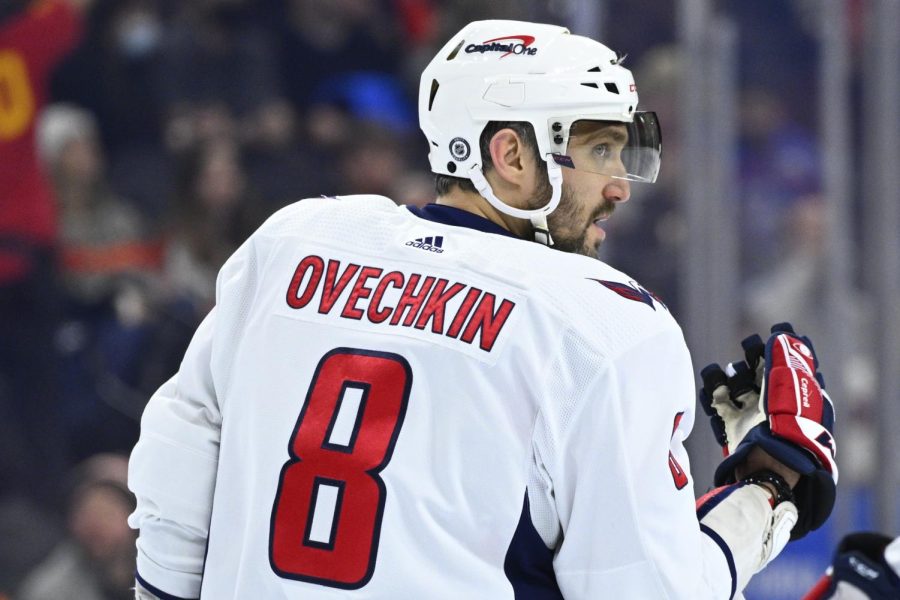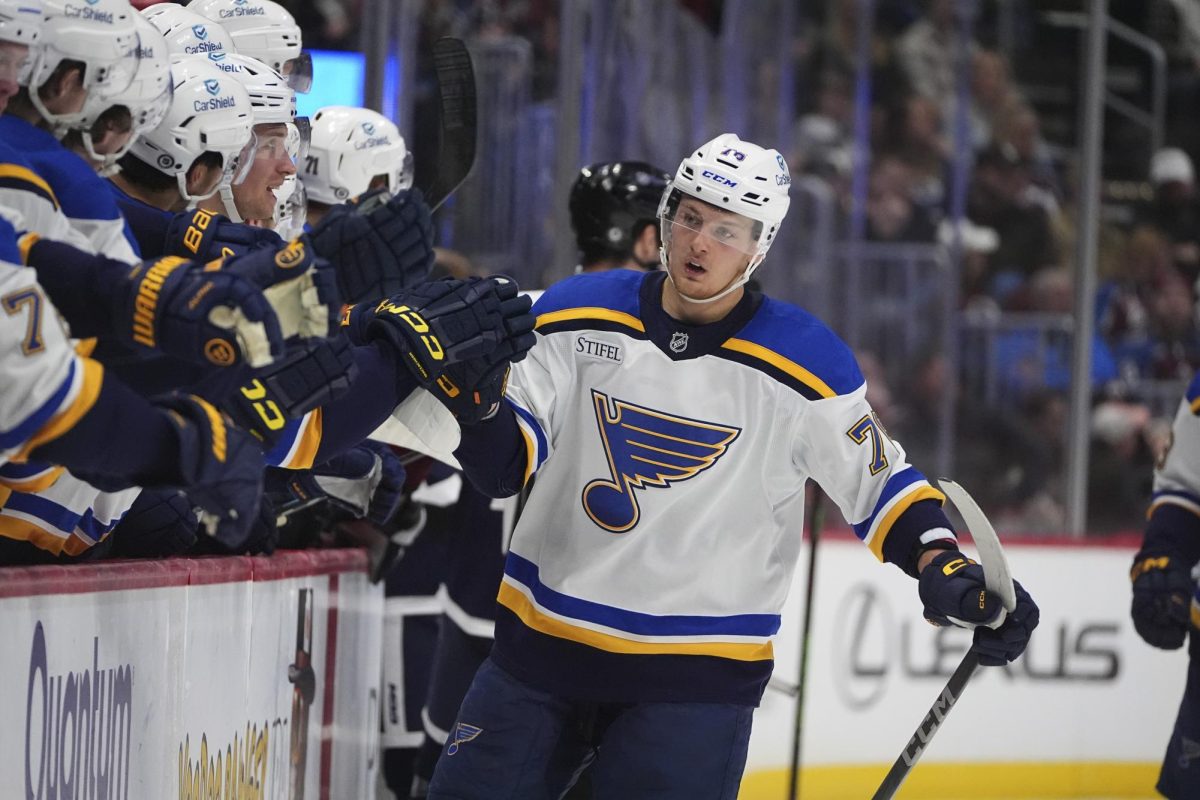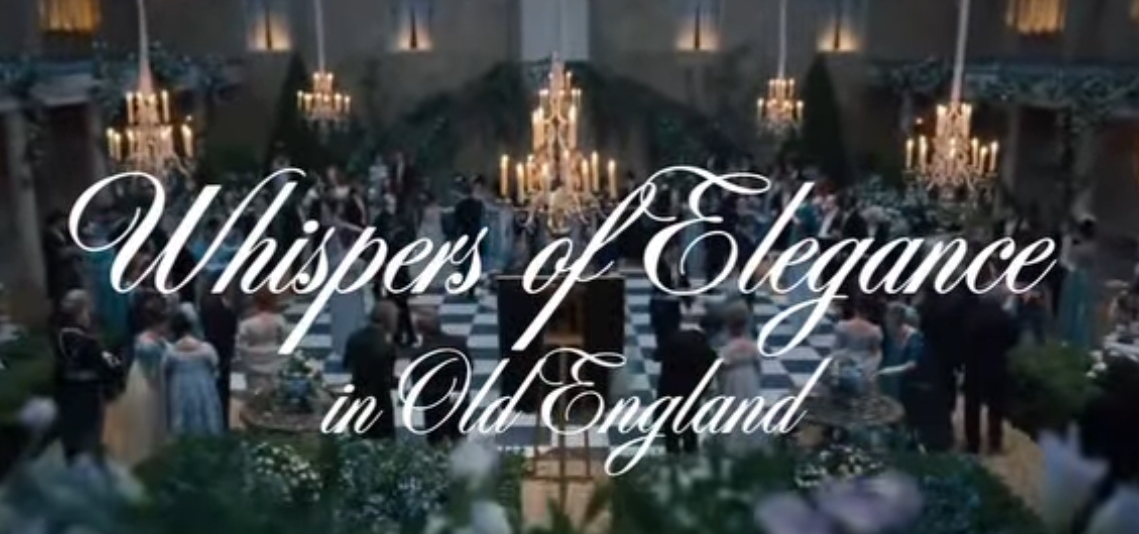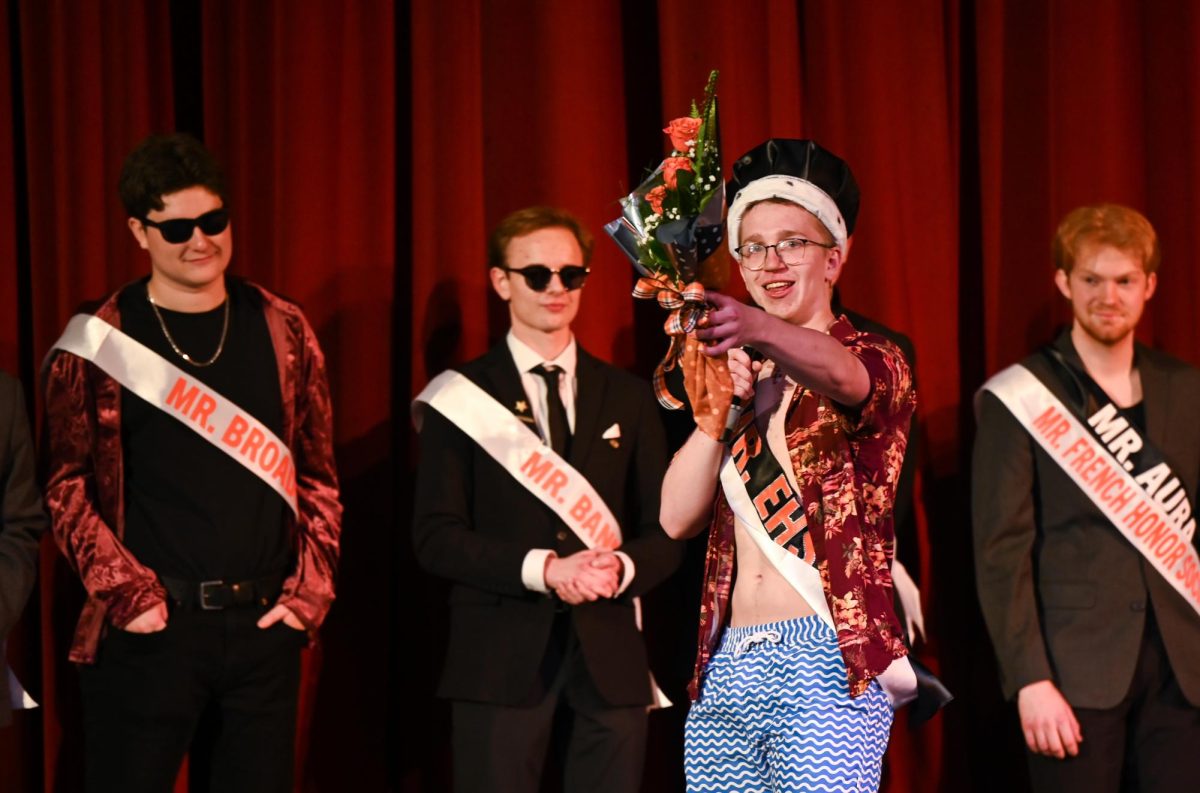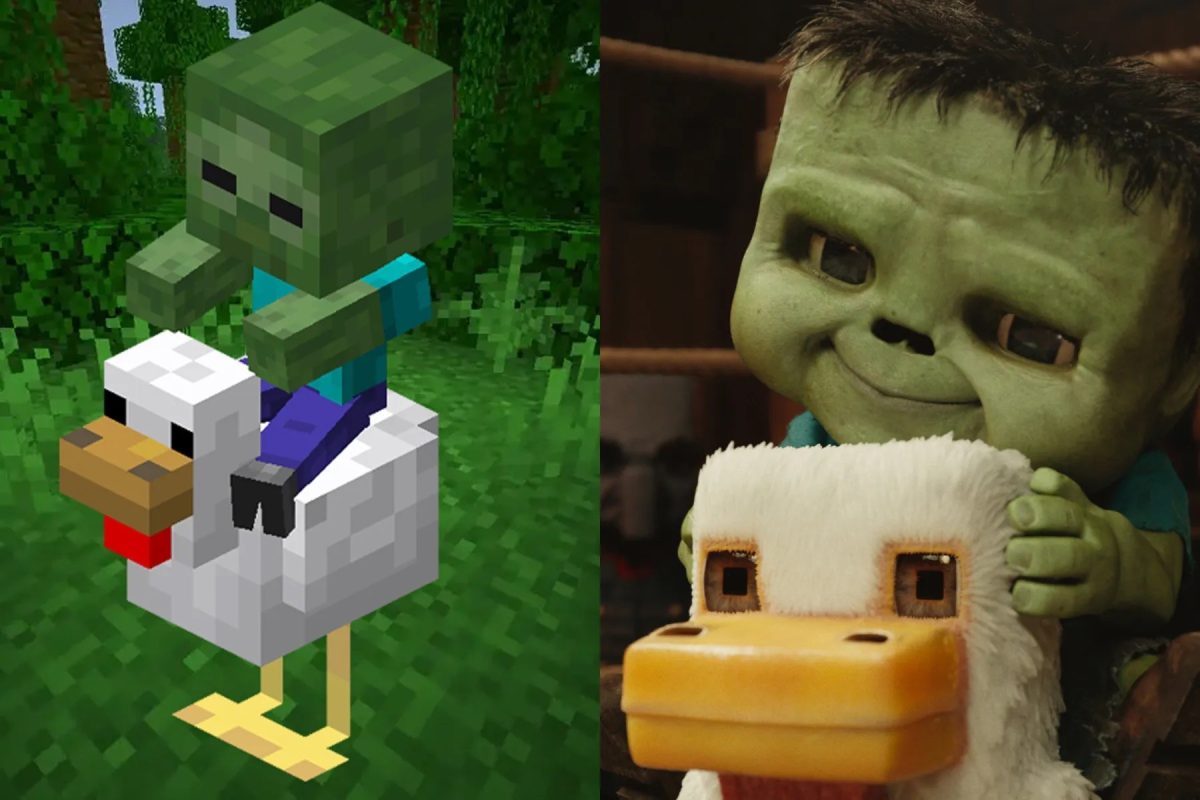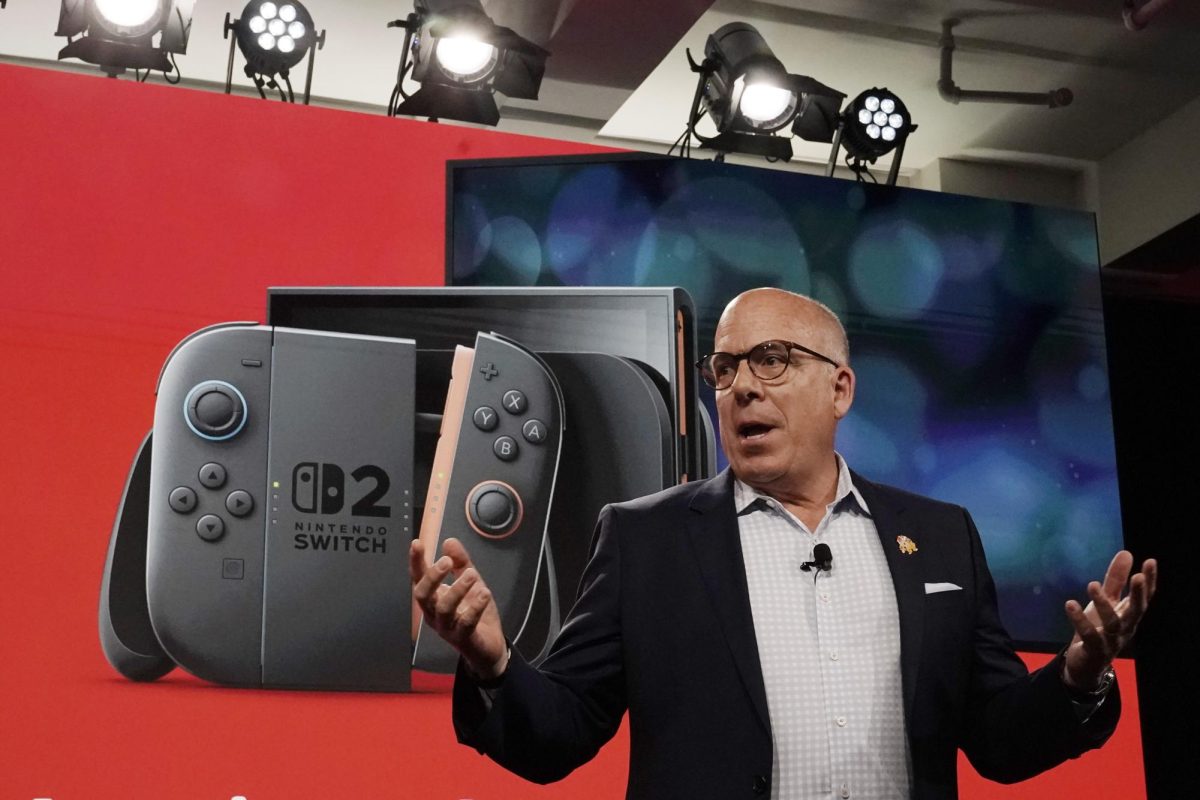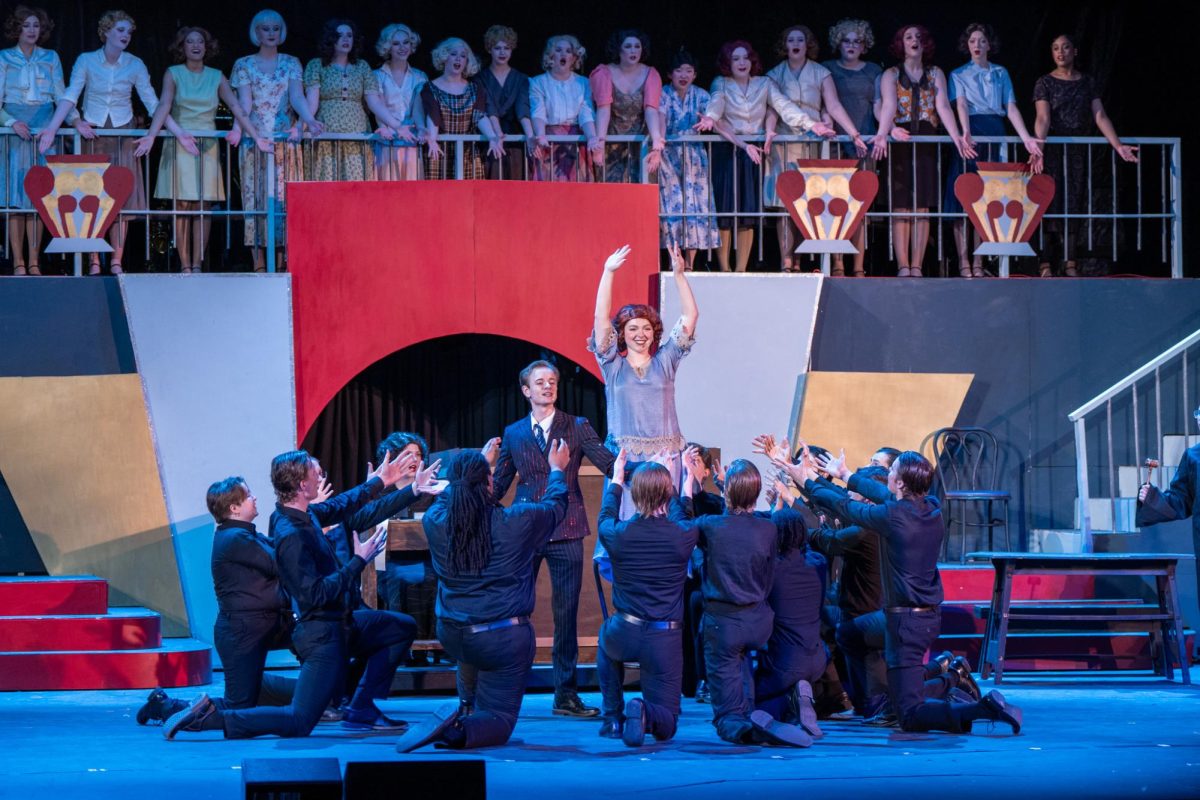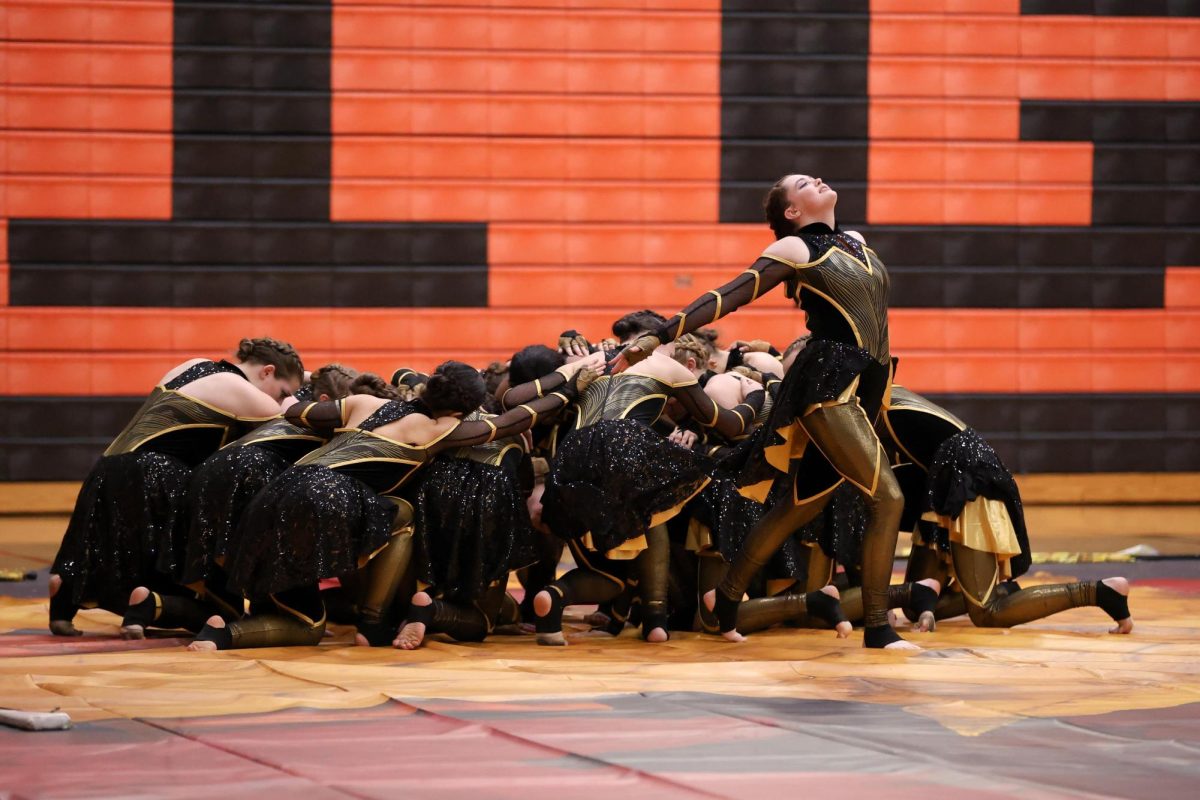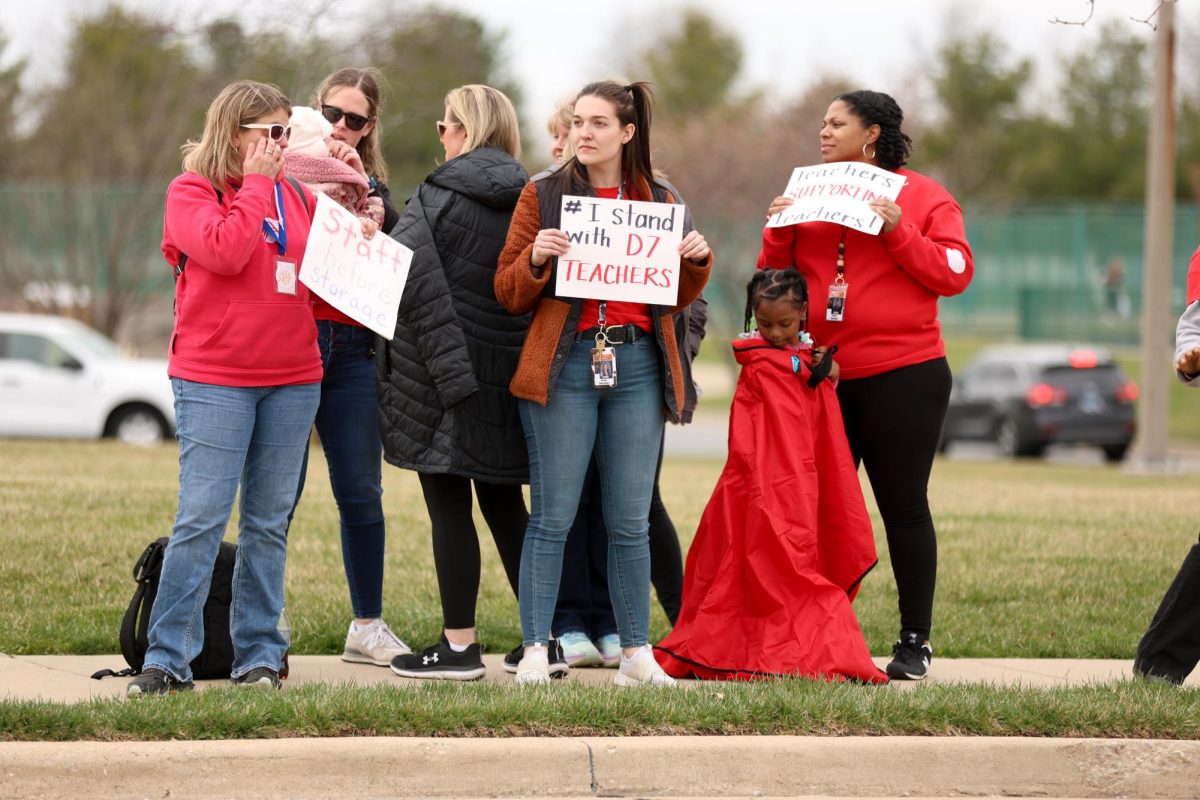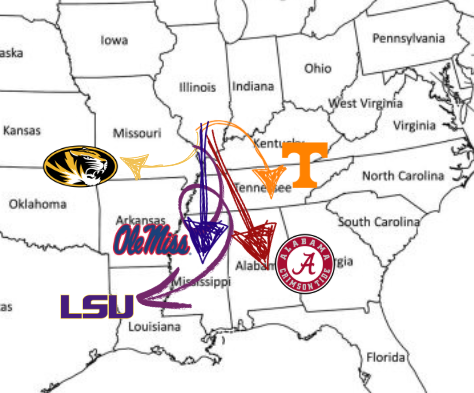We’re Leaving Russian Hockey Players Out in the Cold
Washington Capitals captain Alex Ovechkin surveys the crowd during a game against the Philadelphia Flyers.
March 11, 2022
There is one man in America with connections to over 75% of the Russian and Belarusian hockey players in the NHL. As a player agent, he speaks for them, defends them and monitors their wellbeing in the league.
And he’s Ukrainian.
Born in Kyiv, Dan Milstein immigrated to America at 16 years old in 1991, a political refugee turned U.S. citizen. Now, as the primary representative of Russian and Belarusian NHL players, he’s seeing his clients face violence halfway across the world from war in Ukraine.
“Clients are being called Nazis. People are wishing that they are dead,” Milstein said in an interview with ESPN. “These are human beings. These are hockey players.”
As more Americans become conscious of — and anxious about — Russia’s attacks on Ukraine, cases of harassment and anti-Russian sentiment have risen across the nation.
Stories of Russian restaurant owners, people in no way related to war in Ukraine, have made headlines as customers disappeared and passerby left hate-filled messages about revenge and retribution.
Now the NHL, a league indebted to Eastern Europe for some of its most memorable players, is dealing with the same issue.
In a statement from the NHL’s public relations department, the league clarified that its Russian-born teammates play for American and Canadian clubs, not on Russia’s behalf. In this same statement, it was announced that the NHL would by pausing its relationships with Russian business partners, Russian-language social and digital media outlets, and would no longer consider Russia as a site for NHL competitions.
The department also expressed concern about its Russian-born players and their wellbeing.
“We understand they and their families are being placed in an extremely difficult position,” the statement reads.
That same difficulty arises when players are asked to speak out about the war.
“…players have been told not to share opinions about Ukraine because of the political climate back home, where the Russian parliament is considering making it a crime to spread what the government considers fake news about its military efforts in Ukraine,” wrote AP hockey writer Stephen Whyno.
Most of the NHL’s Russian players have families in their countries of origin — parents, wives, children, elders — who could face consequences for what they say. Only two, Alex Ovechkin and Nikita Zadorov, have spoken about the war so far.
Even within their teams, players can struggle to find understanding and assistance. Milstein reported to ESPN that one of his Belarusian-born clients was repeatedly booed by his own teammates in the locker room, requiring intervention from the team’s management.
So, with avenues for support disappearing around them, Russian and Belarusian players turn to the Ukrainian agent that promised to stand up for them.
“They want world peace like everybody else,” Milstein said. “They’re not being treated like that.”


